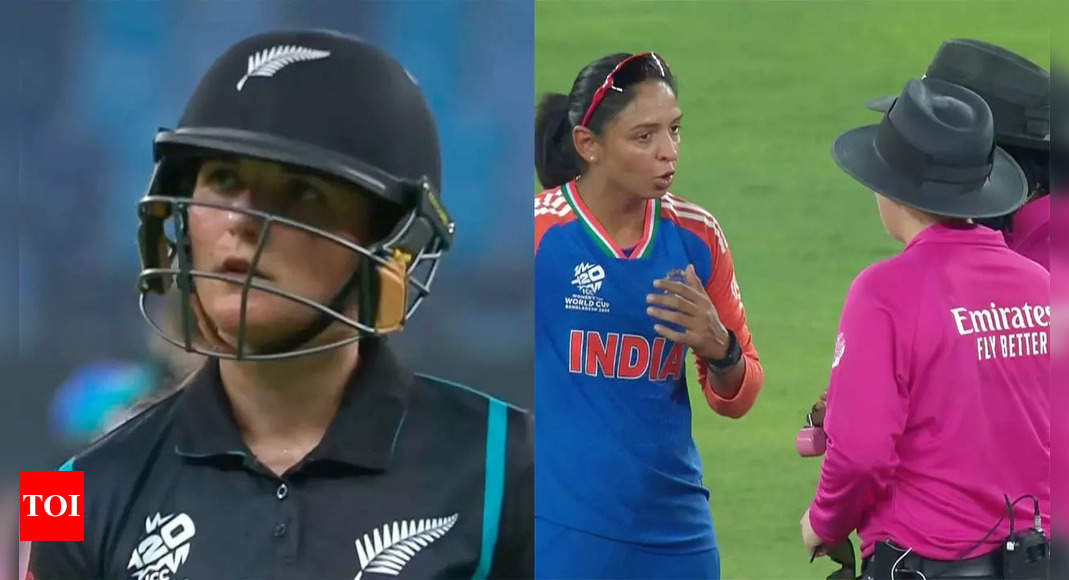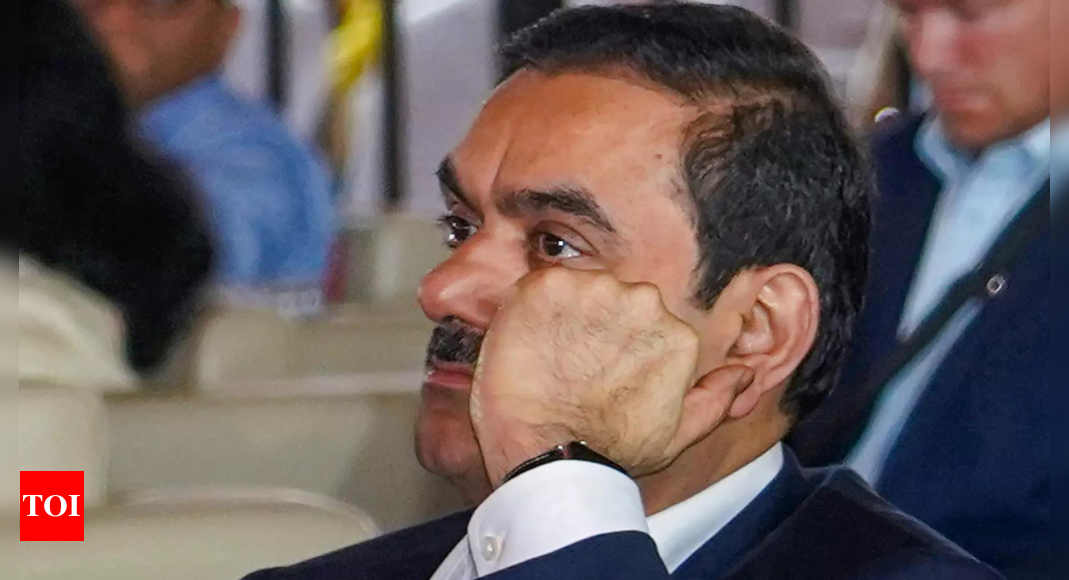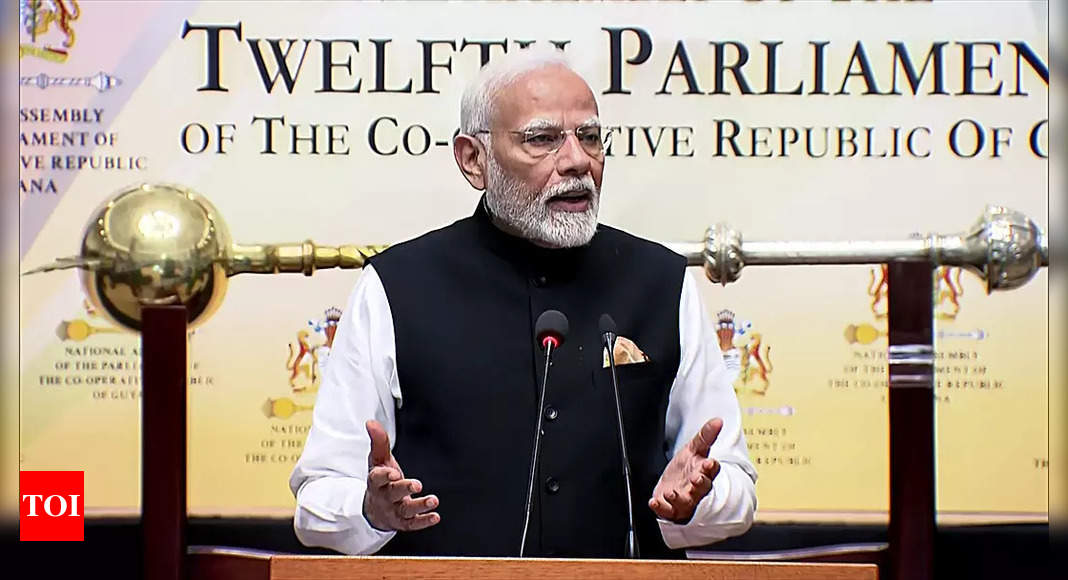
NEW DELHI: In an unusual turn of events at the T20 World Cup 2024 match between India and New Zealand in Dubai on Friday, Amelia Kerr was declared not out by the on-field umpires despite being short of her crease, as they had already signalled the end of the over.
The incident unfolded when Kerr hit the ball towards long-off for a single on the last ball of the 14th over.India’s captain, Harmanpreet Kaur, picked up the ball and took a few steps into the circle without throwing it.
Seeing this, New Zealand skipper Sophie Devine called for a second run. However, the umpire had already handed the cap to bowler Deepti Sharma, indicating the end of the over.
Realising the situation, Harmanpreet quickly threw the ball to the wicket-keeper’s end, where Richa Ghosh swiftly removed the bails, catching Kerr well short of the crease.
As Kerr began walking back to the dressing room, the umpires – Anna Harris and Jacqueline Williams -intervened, stating that it was a dead ball and the review was not applicable.
ACCORDING TO MCC LAW 20 FOR DEAD BALL:
- 20.1.2 – The ball shall be considered to be dead when it is clear to the bowler’s end umpire that the fielding side and both batters at the wicket have ceased to regard it as in play.
- 20.2 – Ball finally settled: Whether the ball is finally settled or not is a matter for the umpire alone to decide.
- 20.3 – Neither the call of Over, nor the call of Time is to be made until the ball is dead, either under 20.1 or under 20.4.
- 20.4.1 – When the ball has become dead under 20.1, the bowler’s end umpire may call and signal Dead ball if it is necessary to inform the players.
This led to an animated discussion between Harmanpreet and the on-field umpires, with the Indian captain arguing that she only threw the ball because the New Zealand batters had taken the run. However, her arguments did not sway the umpires’ decision.
Team India’s head coach, Amol Muzumdar, also expressed his dissatisfaction with the decision and engaged in a lengthy and animated conversation with the fourth umpire.
Despite the protests, the on-field umpires remained firm in their stance that the over had been called, and Kerr was allowed to continue batting.








